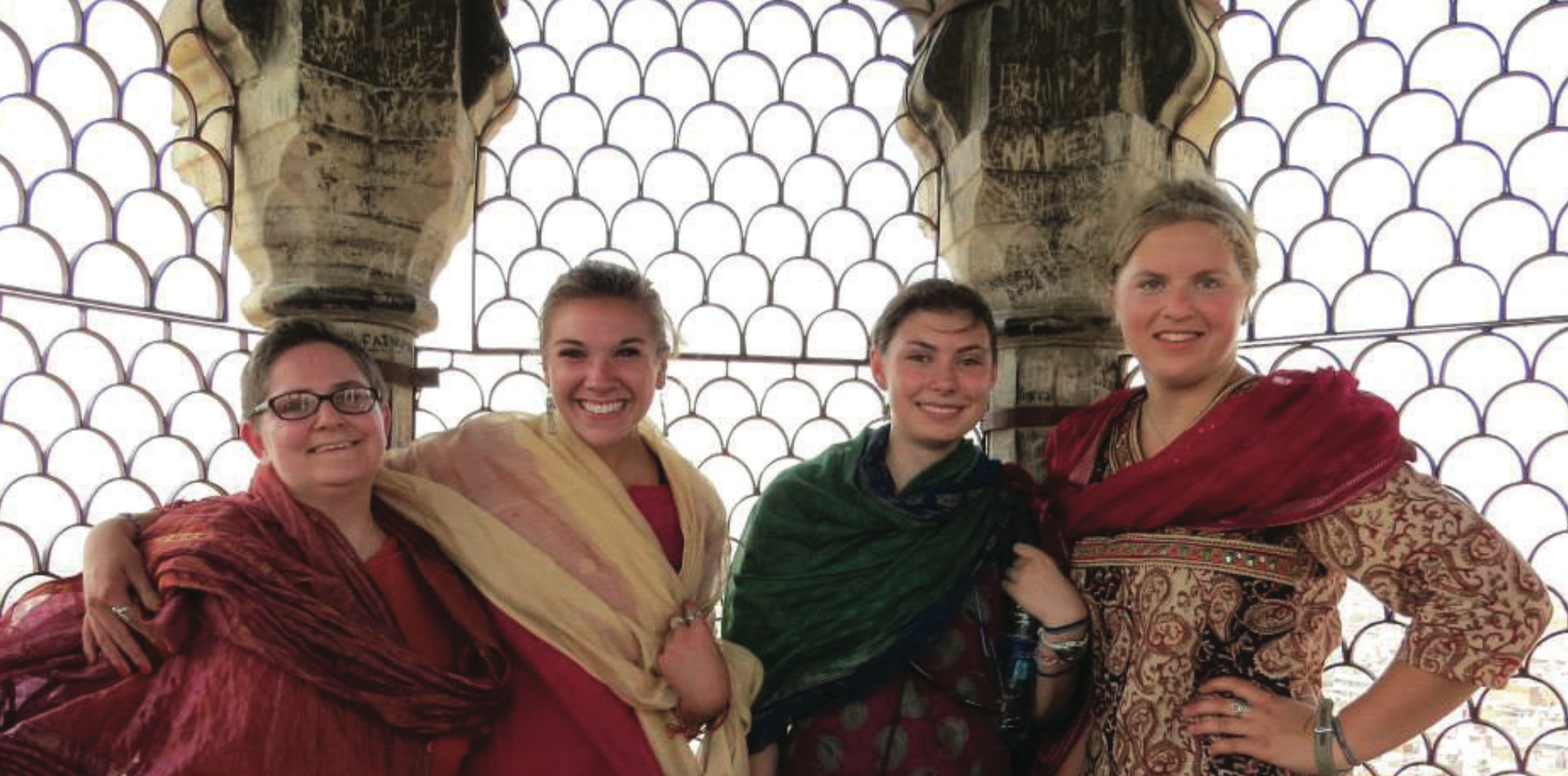This Dear Dub is being written in the same journal that has given me the chance to spit, sing, shout, and pen soliloquies over the past ten days of Evelyn, Seneth and me wandering, farming, and itching our way around bits and pieces of Jamaica. Amongst the pages are pressed flowers, long descriptions of landscapes that trickle into nonsensical mutterings as the next landscape morphs to be more beautiful than the last, and, of course, a few blood stains from tenacious mosquitoes. If I could only capture the orchestra of sounds as things of many legs, colors and movements coo around me, each of which I’m imagining crawling up my legs.
However, the nature of my veneration of our travels is misleading. Parallel to my vision, viewed retrospectively through glasses tinted with hibiscus, is a portrait of three women traveling in Jamaica, and the corresponding difficulties we met. I don’t seek to admonish the female traveler, but instead to shed light upon very real experiences that are important to acknowledge. Tales of waterfalls and coconut jelly often can drown out an orchestra different than that aforementioned, one of hissing, clicks and suggestive and sexual locutions and names.
Reports of sexual assault to tourists pepper into major media headlines, ranging from resorts in the Caribbean to buses in New Delhi. Typically, reports of attacks are well covered in the news, heightening a state of danger for female travelers, and their loved ones on home soil. These reports especially trigger an alarm for those who
seek to travel beyond familiar destinations to experiences for more immersive experiences.
Consequently, females are compelled to contemplate the worth of our bodily integrity against our desire to see the world. Our perception of travel boundaries are intertwined with the time of day we choose to travel, the places alleged to be “safe”, the length of our skirts, and the color of our eyes and hair. We wonder if these boundaries are conditional, if the stories paint a reality representative of the whole story. Above all, we wonder, in 2015, what is the actual risk for women traveling abroad?
Delving into statistics, I’m coming to conclusions that statistics, most likely, are not conclusive. What I mean is that reports of assault in countries are deeply entrenched in corruption and a cultural disposition to ignore violence considered to be standard. The trend that reports imply is that the more women, particularly western women, travel abroad the more they are at risk. However, these assumptions are difficult to substantiate, particularly as sexual assault cases are so common in the United States and Western Europe (270,000 in the US in 2010 according to Department of Justice). Additionally, these trends may be perpetuated by what gets media coverage. As Cristina Finch director of Amnesty International USA’s Women’s Human Rights Program said in 2014, “On average, attacks against white women worldwide receive more coverage than attacks against women of color. It’s undoubtedly a double standard.”
In fact, our media likely does not contextualize the individual
incidents of assaults on tourists with the frequency and severity of assault occurring regularly within a country. Patriarchal societies may perpetuate the idea that women are the property of men, leading to sexualized violence. Yet, here lies a very fine line, as victim blaming is still not an acceptable course of action in light of sexual assault, regardless of destination. If a woman chooses to venture off the beaten path, in no way is it her fault if she is sexually assaulted. Yet while considering cultural boundaries, it is imperative to recognize that due to the cultural stigmas in different places, not everybody may view sexual assault in this way. Therefore, it is important to consider your safety and comfort-level when traveling alone. As we realized, moments of awe and wonder can quickly be extinguished by moments of embarrassment, of shame, and of fear. Further, those feelings may not be the intention of the person(s) causing them, but rather a result of cultural difference in social ideology, one that we endured in order to understand it as part of our experience.
To be more aware, travelers, male and female, can check State Departments for travel warnings or for message boards specifically pertaining to topics like women traveling alone, which can be found on websites like Lonely Planet.
Physical and sexual violence knows no national or cultural barriers, and the different orchestras of the little things in the world are worth being heard. After all, in the words of Miriam Beard, “Travel is more than the seeing of sites; it is a change that goes on, deep and permanent, in the eyes of living.”



